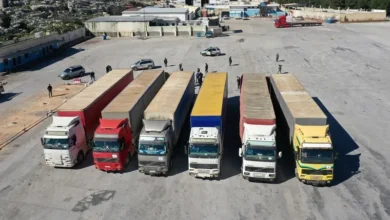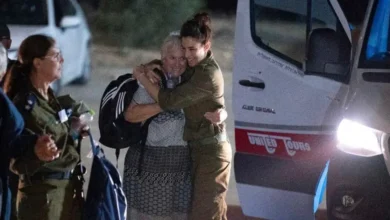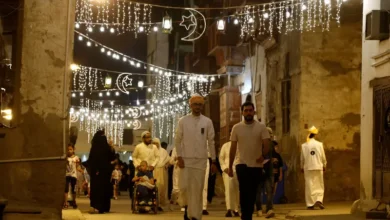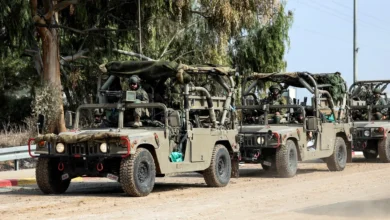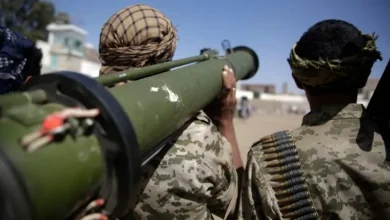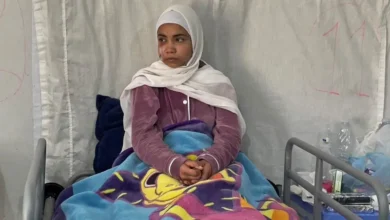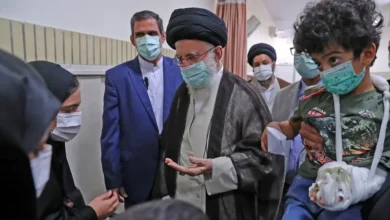Saudi-crewed space mission to ISS announces launch date
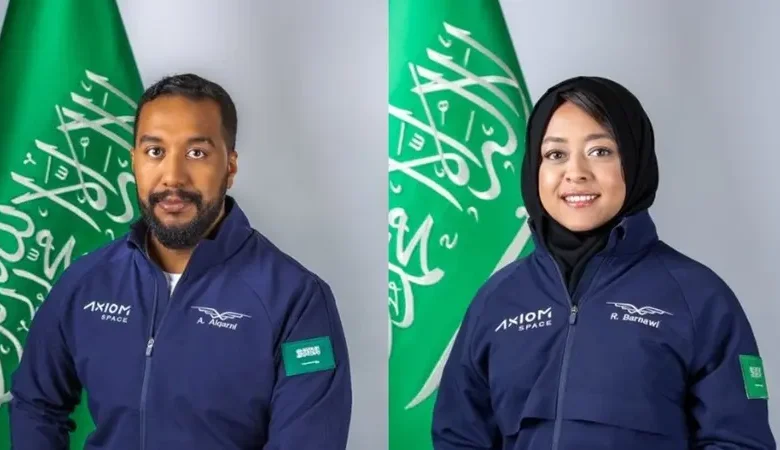
The Axiom Mission (Ax-2) featuring Saudi Arabia’s first-ever astronauts to head to the International Space Station (ISS), including the first Arab female in space, is set to launch on May 8 at 9:43 p.m. central time (CT).
The target launch date was announced during a virtual press conference held between the Saudi Space Commission, NASA, SpaceX and Axiom Space on Thursday.
The two Saudi astronauts and mission specialists, Ali al-Qarni and Rayyanah Barnawi, will be joined by Axiom Space’s Director of Human Spaceflight Peggy Whitson, a former NASA astronaut, and aviator John Shoffner, who will serve as pilot.
The quartet will launch aboard a SpaceX Dragon spacecraft using SpaceX Falcon 9 rocket from Launch Complex 39A at NASA’s Kennedy Space Center in Florida.
While 263 people from 20 countries have visited the ISS, the Kingdom will become the sixth nation to have two national astronauts simultaneously working aboard the orbiting laboratory, Axiom Space said in a statement to the media.
The upcoming space mission comes nearly 40 years after Saudi Arabia sent the first Arab – Prince Sultan bin Salman – to space in 1985.
To make the Ax-2 mission a reality, the astronauts are undergoing rigorous training and preparation, including a simulation of living for 12 days in space, and participation in the Human Exploration Research Analog (HERA), an intensive training program.
The HERA habitat is a unique 650-square-foot three-story structure at NASA Johnson Space Center. The habitat serves as a ground-based analog for isolation, confinement, and remote conditions in exploration scenarios.
In the official release shared by Saudi Arabia previously announcing the two Saudi astronauts on the Ax-2 mission, it stated: “This flight is an integral milestone of a comprehensive program aiming to train and qualify experienced Saudis to undertake human spaceflight, conduct scientific experiments, participate in international research, and future space-related missions contributing to the Kingdom’s Vision 2030.”
As part of the mission, the crew members will conduct a variety of experiments from DNA nano therapeutics to cancer research in low-Earth orbit. The team will also look into cloud seeding in microgravity and the impact of microgravity on producing stem cells.



